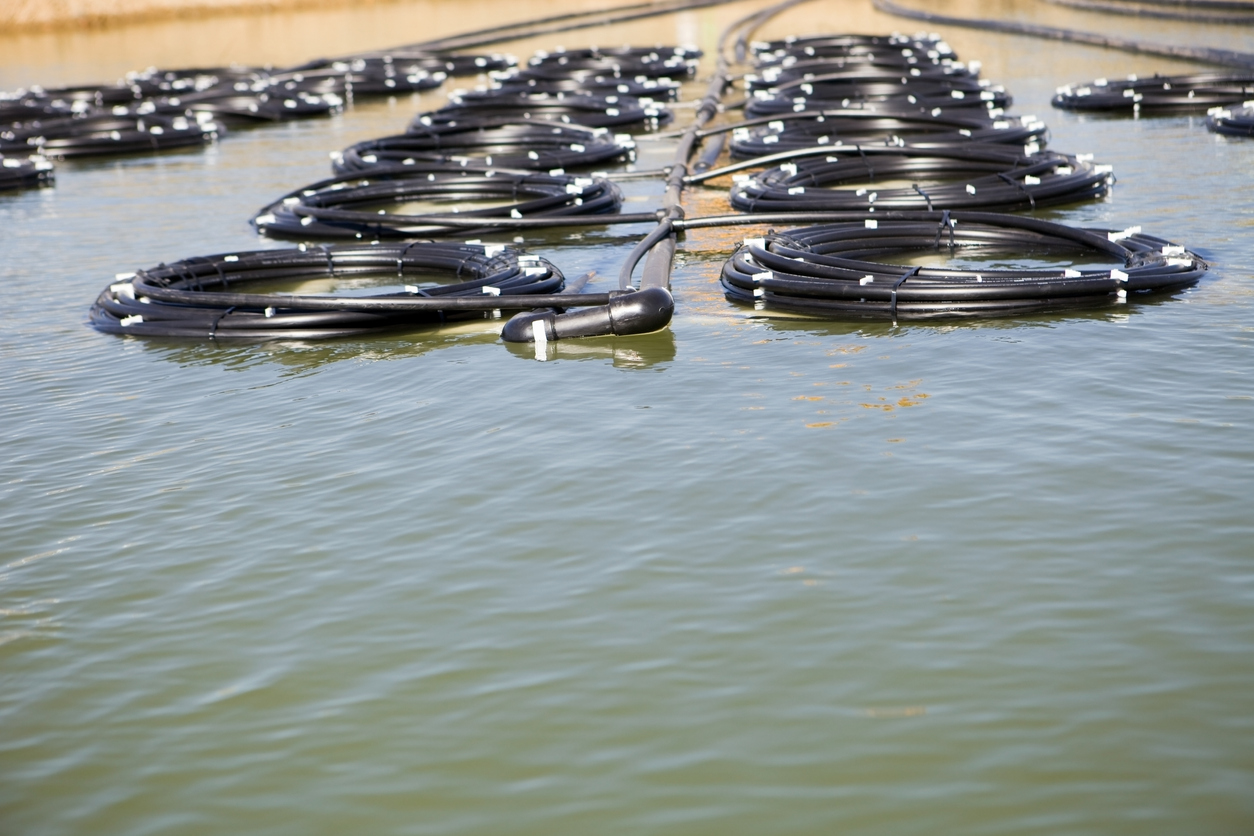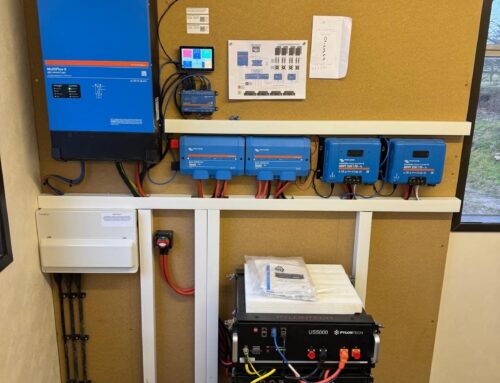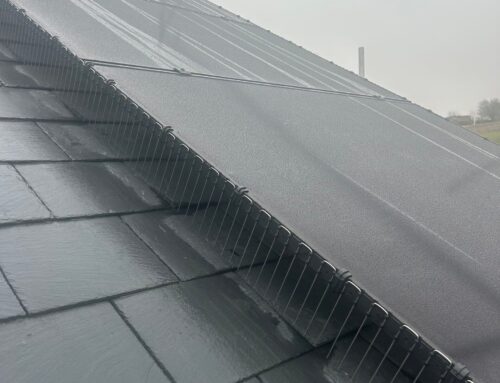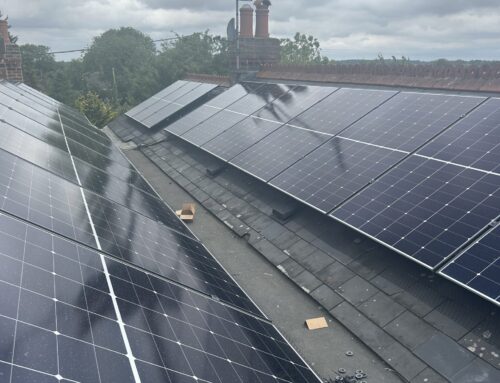Ground source heat pump. You’d think it would do what it says on the tin. And it does, a ground source heat pump will heat your home, or business, by using solar energy stored in the ground which is absorbed by a fluid running through a loop of pipe. Whether it’s via a horizontal ground loop configuration or vertical boreholes, the heat absorbed by the fluid in the pipes will eventually pass through a heat exchanger which will heat the water that will then heat your home or business. And this is the way that the majority of our ground source heat pump installations are done. However, we’ve had an interesting heat pump enquiry at Elevate Envirotech this week involving a river…
Rather than extracting heat energy from the ground, it is possible to extract heat energy from a body of water to fuel a water source heat pump. In fact, water is an excellent heat source which means that a water source heat pump is an incredibly efficient renewable energy method for heating your home or business. Ponds, rivers, lakes, the sea and even aquifers, as long as the water source can accommodate the pipework, whether it is open loop or closed loop, any of these water sources will work.
The methodology behind a water source heat pump is more or less the same as a ground source heat pump, it’s just that the pipework to feed the heat pump is submerged in a body of water rather than in the ground. This pipework carries the water’s heat energy to the heat pump which then increases the temperature and creates the hot water that will be fed into the underfloor heating or radiators in your home or workplace. As well as being more efficient to run than a ground source heat pump system, water source heat pumps can be also be more cost effective as there is no cost for digging the trenches or boreholes to accommodate the ground source heat pump pipework, the water source pipework loops are simply submerged in a body of water.
So we’ve applied our knowledge and expertise to our recent enquiry from customers who live next to a river and are keen to install a water source heat pump to heat their home. It’s been interesting to see how the design has differed over a ground source heat pump. Due to the higher efficiency of a water source heat pump system, the pump itself will be a smaller unit than it would have been if it was ground source fed which means further cost savings on the installation after the savings already made due to not digging the trenches or boreholes for the pipework. It’s not often that we get water source heat pump enquiries so it’s been great to work with our new customers to design an intelligent, affordable water source heat pump system for them and we are looking forward to the installation in the New Year.




